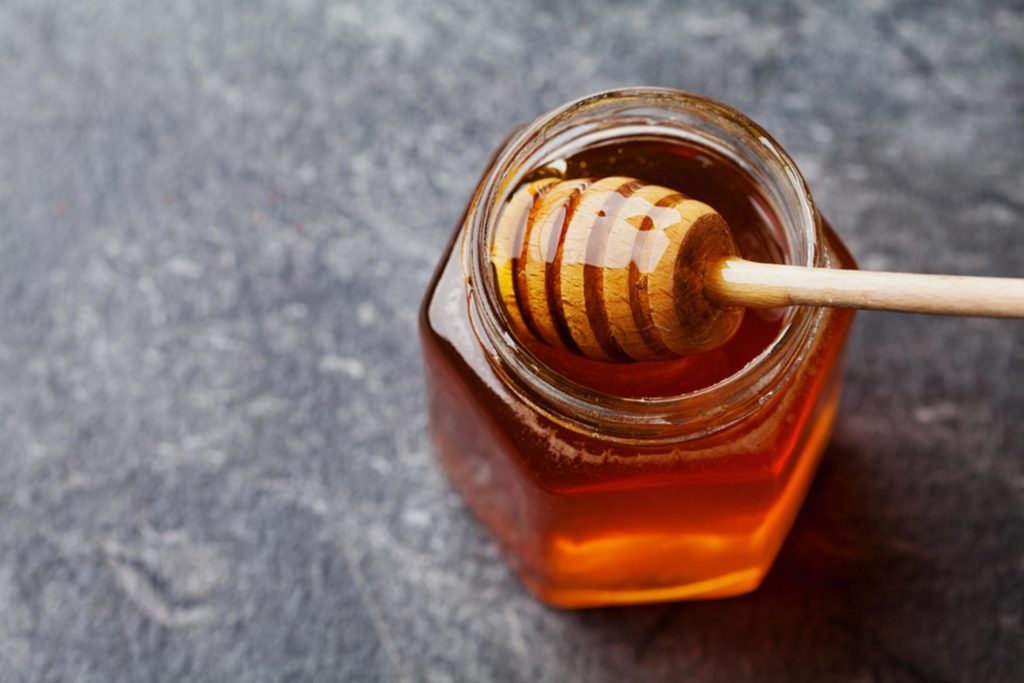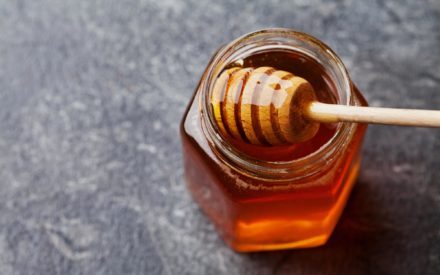 Honey isn’t just for tea. Although, it could last for an eterni-tea if you play your cards right.
Honey isn’t just for tea. Although, it could last for an eterni-tea if you play your cards right.
Horrible puns aside, the gooey stuff seems to have more and more health benefits by the day, but its state can get sketchy over time. If stored improperly, it can be overrun by ants, fictional red-shirted bears, or the process of crystallization (although this doesn’t mean that it’s spoiled.)
But there is a simple solution to these issues and if executed properly, the preservation technique could keep your honey fresh for centuries (no, we’re not kidding, ask the pharaohs.) Three things need to be kept in mind while storing honey; the temperature, the humidity, and the seal.
Make sure that your honey is tightly sealed, with as few air pockets as possible. Once all the air is out, take your honey and store it in a cool, dry place. If the seal is not tampered with and the environment remains stable, your honey will stay fresh thousands of years after you’ve slipped this mortal coil.
This tidbit of storage trivia can especially come in handy next time you see a sale on honey, or if you want to gift your great-great-great-great grandchildren a delicious snack out of your family time capsule. Even if your progeny doesn’t like the taste of honey (it will be the future, after all), they can always put it in their hair for a real transformation.
[Source: Women’s Health]

Gg
ReplyDelete